clitor-i-a
12K posts
Joanna/20/radfem Empathy can be a good thing Follow back from why-cant-we-all-get-along
Don't wanna be here? Send us removal request.
Text

From Carmela García's 1998 photo series "Chicas, deseos y ficción"
240 notes
·
View notes
Text

✂️ Heartstrings chapter 16 is out! ✂️ (18+!!!)
Preview / FULL / Patreon
1K notes
·
View notes
Text
here’s my #problematic opinion of the day but men talking about how much they’d like to commit violence against women they disagree with is always a sign these men are not committed to politics and instead would like a “moral�� justification to abuse women lol
7K notes
·
View notes
Text

Kinke Kooi – Butterfly (1997)
Acrylic paint on chromogenic print
3K notes
·
View notes
Photo

Adagio, c.1929-31 by Georges Antoine van Zevenberghen (Belgian, 1877–1968)
1K notes
·
View notes
Text

MAGA are the wolves, the KKK, the islamophobes, and the nativists.
Make you choice.
Keep [criminally] bad people out of politics.
2K notes
·
View notes
Photo

The Womanist – Vol. 2, Issue 1 – Fall 1989
from the “pro-choice” abortion issue.
2K notes
·
View notes
Text
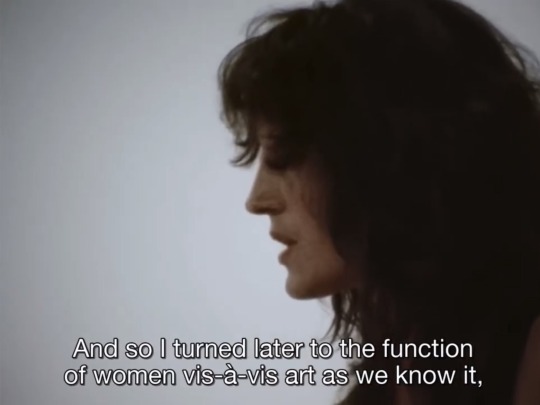
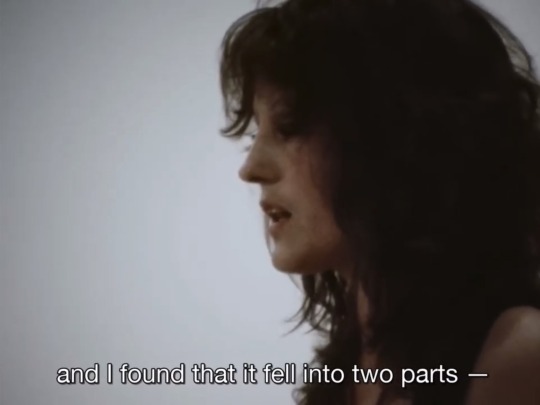
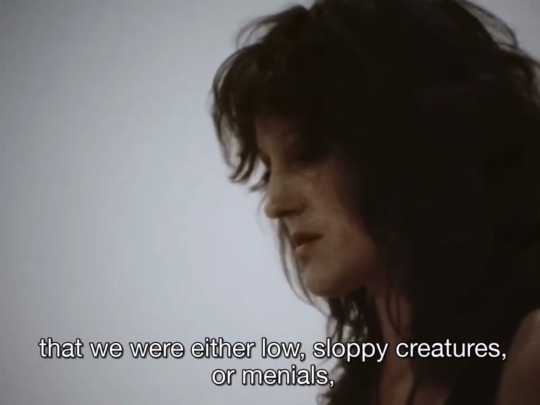
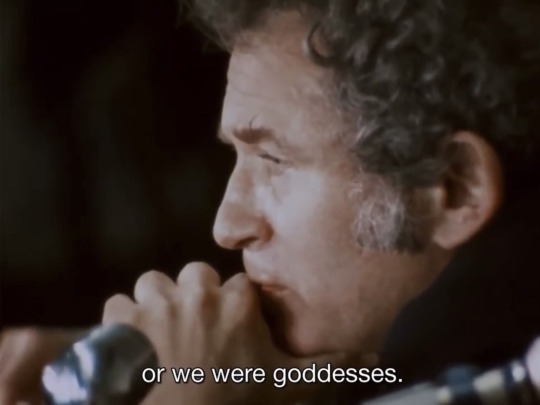
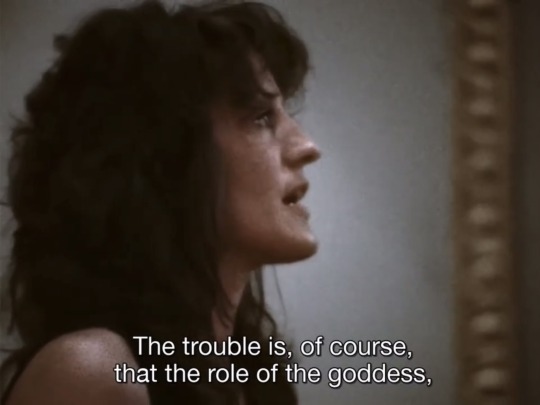
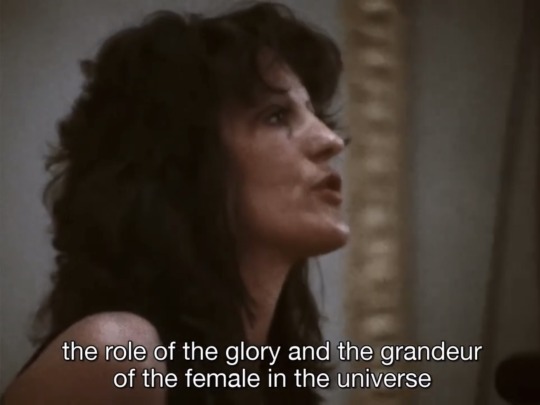
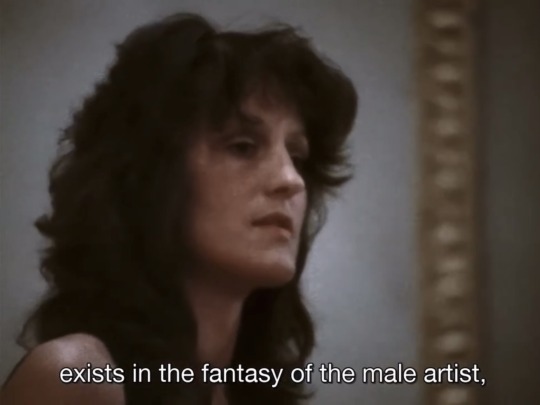
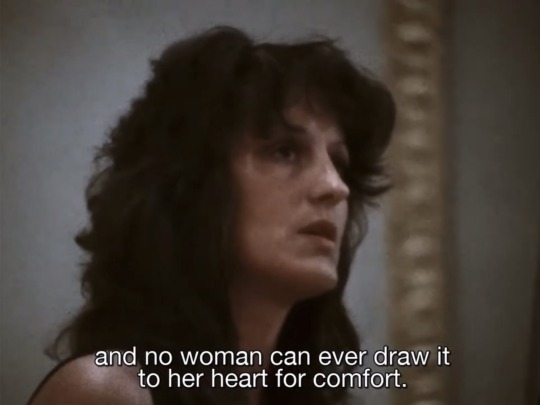

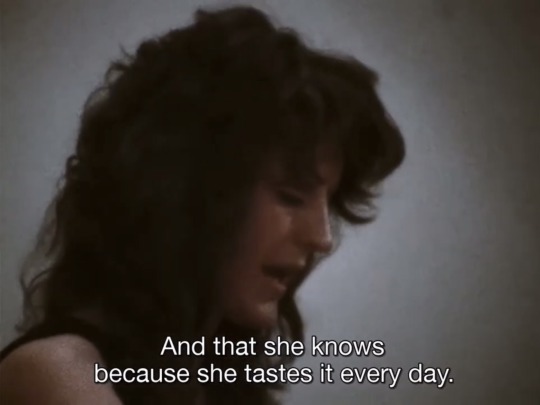

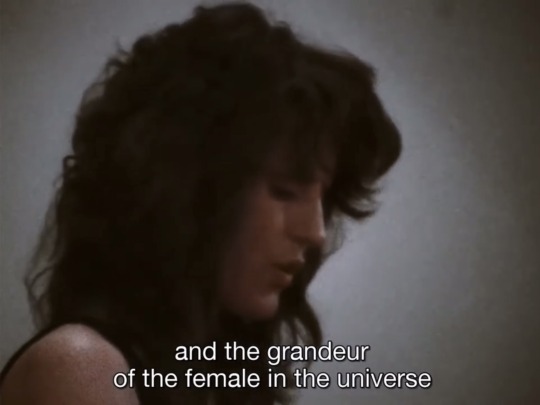

Town Bloody Hall (1979) | dir. Chris Hegedus, D. A. Pennebaker.
296 notes
·
View notes
Photo



Documentary: Before Stonewall (1984)
A documentary exploring mainstream U.S cultural perceptions of same sex attraction or relationships and the lives of those in the LGBT communities prior to the 1969 Stonewall Riots.
11K notes
·
View notes
Text
Strongly recommend that radical feminists currently donating regularly to Planned Parenthood switch their donations to abortion-specific clinics that are local to you - they're the ones actually providing the majority of abortions to women in regions with oppressive restrictions, and they're the ones who need the funding more than Planned Parenthood. You may need to email them to get directions on how they would like the donation, and you may need to do it via old-fashioned paper checks in the mail, but the impact factor is much higher and the need is much greater.
533 notes
·
View notes
Text
“Make up isn’t about men! It’s for me!”
Make up is how we assure men they’re the default. Every default setting is reserved for men. Everything default in humans is the boy version of things now. A resting face is male. A smile is female. Textured skin is male. Flawless skin is female. Small, normal eyes are male. Big eyes are female. Colorless lips are male. Colored lips are female. Bushy eyebrows are male. Shaped eyebrows are female. Plain clothing is male. Pants are male. Good quality is male. Cotton is male. Covered up is male. Costumes are female. Skirts are female. Poor quality is female. Polyester is female. Naked is female.
Responsive is male. Quiet is female. Alive is male. Inanimate is female. Active is male. Passive is female. Curious is male. Stupid is female. Wanting is male. Desire-less is female. Self interested is male. Discontented from self is female.
Everything about masculinity can be summed up as “what is normal and neutral for all humans.”
Everything about femininity can be summed up as “marking women as ‘other’”
The entire point of gendered differences is to mark men as the default. Their thoughts, feelings, perspectives, health symptoms, needs, perceptions, and priorities are the default. Even when a woman recounts a story a man wasn’t present for, his account of it is seen as more reliable. Because he is who we default to. She is “other.” Toilet paper is provided because it’s needed by men. It’s default. Pads and tampons, just as important, are luxury or personal items. If anything, annoying to have to see because they don’t represent the default state. The presence of something female that doesn’t please a man is seen as something out of place that needs to be cleaned up and removed to restore life to its default, male state.
Make up isn’t about beauty. It’s about men hating the idea of women being as naturally occurring as they are, and having a right to our own realities. It’s deeper than looking pretty. It’s deeper than sex. It isn’t about whether your make up is natural looking, either.
When a man says he likes a natural looking woman, he means, “Textured skin and dullness and natural eyebrows are MEN’S THING a woman who has those is broken.”
It doesn’t matter if you’re a goth or you’re typically feminine. The point is that you don’t resemble the men.
In countries where a veil is required for women, does it matter if her hijab is kind of ugly? Is that the point? No. Most women aren’t wearing luxury fabrics or brand new hijabs. They’re wearing whatever they have. The point is that they are identifiable as female so men can treat them differently and not accidentally like equal humans.
When women aren’t required to wear dresses anymore, we start being required to wear make up. We are always required to do SOMETHING. Look at the Elf on a Shelf type dolls where they put lipstick on the girl ones. No matter what, the boy version of things is always the natural, unchanged, normal default. And if they make a girl version it’s that. There’s an elf. And there’s a girl elf. We are a spin off of men. That’s how they see us.
863 notes
·
View notes
Text
to all the warriors who will feel pressured to shave their legs now that it’s warm enough to wear shorts… HOLD THE LINE!!!
30K notes
·
View notes
Text


Butch-Femme couple, circa 1950s, seen in Before Stonewall (1984).
10K notes
·
View notes
Text
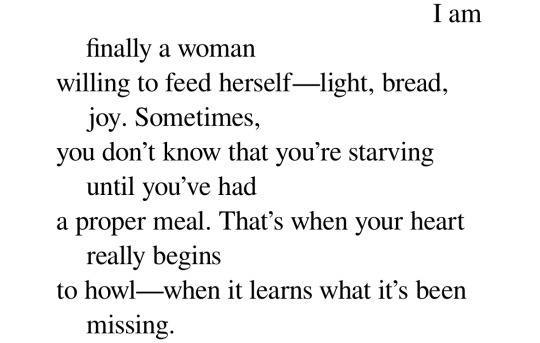
Joy Sullivan, from Instructions for Traveling West: Poems; “Howl”
17K notes
·
View notes




